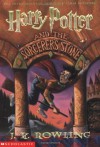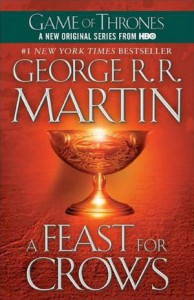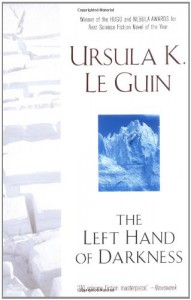
It is with great sadness and a heavy heart that I rate Finnikin of the Rock two stars. This should have been a five star read. It's written by Melina Marchetta whose contemporary novels rank among my favorite YA books of all time, and it's fantasy which is my favorite genre. But alas, this turned out to be one of those situations where the whole was less than the sum of its parts.
I'd like to start out with the things that did work for me about this story. First and foremost, Finnikin doesn't sound like a girl despite being written by a female author. Marchetta is able to write convincingly from a male perspective, something I'd already discovered while reading The Piper's Son. I also appreciated that there was no instalove between Finnikin and Evanjalin, even if I wasn't on board with the relationship. Marchetta's writing style is still praise-worthy. The dialogue isn't anachronistic nor is it stilted and awkward. Anyone who has spent any time in the fantasy genre has probably stumbled upon a novel or two where the author, in an attempt to make their story sound medieval, does away with contractions entirely, and over uses old fashioned words like "thee" and "thy," and ends up with an awkward mess that is neither medieval nor readable. This was not one of those novels. But for me, the positives end there.
Marchetta's contemporary novels are some of my most loved because of the characters. She has such a talent for creating characters that are relatable, lovable, flawed, and nuanced, which is why I was disappointed that the characters in Finnikin of the Rock fell flat for me. I did not find them relatable or likable, and there were many instances where their actions and thoughts were unrealistic. For example, a would-be rapist is forgiven much too quickly and without any repentance on his part. Not only is he forgiven but his actions seem to be forgotten because none of the characters, including the victim, are uncomfortable with him and victim going off alone together within a couple months of it happening.
Evanjalin was the most problematic character for me. Her attitude was insufferable, and her lies were unnecessary and, at times, cruel. She ends up creating problems by keeping the truth to herself. Even more irritating was the fact that no one held her accountable for her actions. Typically I love strong female characters, but Evanjalin's strength seemed inauthentic. It felt as though Marchetta set out to write a strong female character rather than writing a multifaceted female character who is strong. It was her one defining characteristic. Nearly every character gushes about how strong she is, which got tiring after a while. I get it. She's strong. So were a lot of other characters but no one except Evanjalin seemed to acknowledge their strength and the hardships they endured. Note that the gushing began before her identity was revealed and cannot solely be blamed on the fact that she's their queen.
I wasn't happy with the way the messages in this novel were presented either. Instead of organically unfolding as a consequence of the plot, most of the messages were told to the reader in the form of one character (usually Evanjalin) lecturing another character (usually Finnikin) about some topic. In one particularly clunky example, the story completely stops while a group of characters get together and lecture each other about sexism, which is almost absent from the story as a whole. Although I agreed with many of the messages, I thought the delivery was preachy, and I wished that these messages had more of a connection to the actual storyline.
In terms of world-building, I was also disappointed. The world Marchetta created was far too small in size and population to justify its diversity, and while I appreciated that each kingdom had a distinct flavor from the others, they were shallowly constructed. The religion was also problematic, first in its presentation, which was confusing in the beginning because it needed more explanation, and second in its execution. Halfway through the novel, there is a huge religious revelation, which fundamentally changes the entire belief system, and everyone just accepts it as truth without any sort of evidence. Even if there had been evidence I would have a hard to believing their acceptance because most people tend to hold on strongly to their beliefs. Religious reform is never quick nor is it ever smooth.
Overall, I found this to be a very frustrating read. I'm sorry to say there is a Marchetta book in existence that I did not enjoy. I may still pick of Froi of the Exiles because it's purported to be a stronger book than Finnikin of the Rock, but my expectations are low.



 4
4
 2
2



















